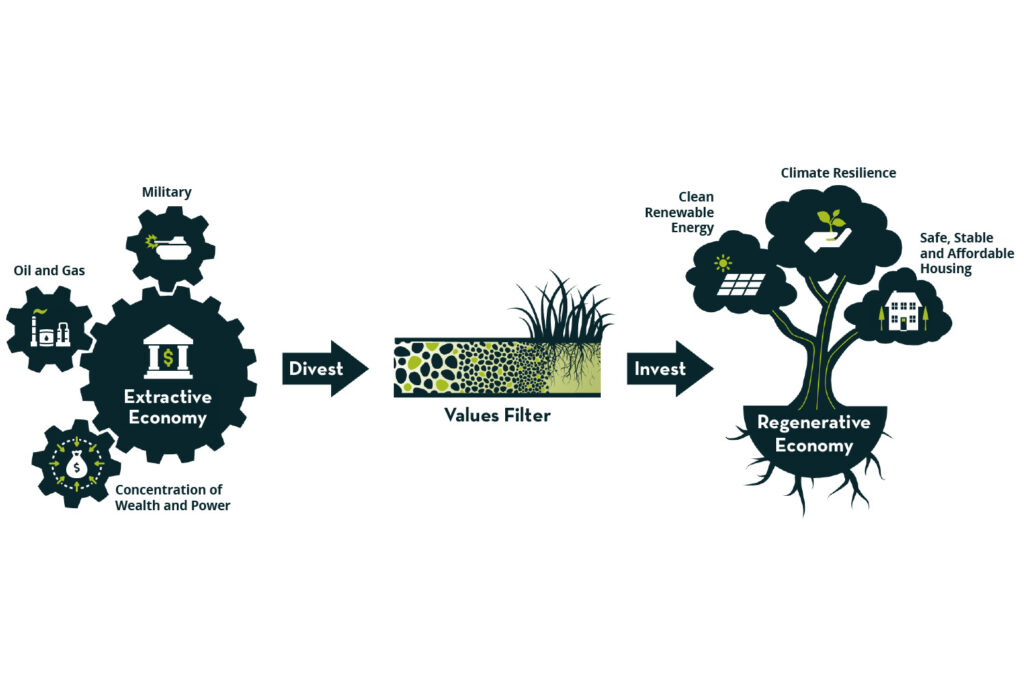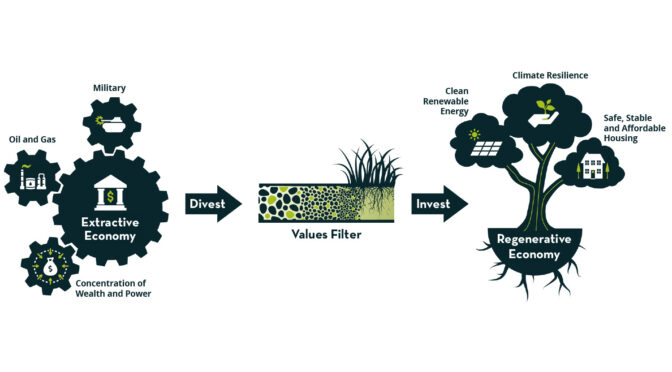Views: 993
Experts say humans invented the economy by observing how a single grain of wheat could yield many ears full of seeds. Early ideas focused on harnessing this natural abundance to improve human well-being. But it seems we lost our way a bit along the journey.
In those days, the explanation was that the Sun fertilized the Earth, sparking new life. Humans are particularly fond of wheat (recently, it’s regained ground in Menorca). Birds and other living beings also enjoy it. We could conclude that a bountiful harvest is good for everyone.
This was the philosophical foundation for the subject we analyze. When something benefits everyone, it doesn’t need much debate. But if a belief goes unchallenged for long enough, it becomes dogma, and that’s what happened.
Once we accepted that continuous production is good, the race began to see who could produce more—whether it was food, tools, or important services. The vital explanation shifted again: now it was Work that fertilized the Earth. Work, as we know, is strictly a human endeavor, and it became the foundation of wealth.
The concept evolved even further when it was agreed that both labor and land could be purchased if one had capital. So, if you have capital, you no longer need to sow wheat; you simply buy it and sell it. Now, the goal isn’t to generate food or services but to generate capital—buying, selling, and accumulating.
Thus, we maintained the dogma of production (the more, the better) but applied it to increasingly intangible things, like financial assets or stock market transactions. We disconnected from nature and material reality while still clinging to the production paradigm.
Extracting oil from the ground is called “oil production”. We also claim to produce iron, copper, neodymium, and dysprosium. We extract them from nature but say we’ve produced them. This is no accident.
When ethics is separated from economics, the effects on natural resources are ignored—they become externalities of the system. There are tools to reverse this dynamic, but they require laws and institutional actions. It is worth asking who benefits when deregulation is promoted, or when all politicians are painted with the same brush.
Despite all the theories, the reality is that nothing on this planet can function if photosynthesis stops—a natural process, not one derived from human labor. The same goes for the hydrological cycles or planetary thermoregulation. The Sun continues to fertilize the Earth.
As we have distanced ourselves from nature, we have lost knowledge of how it works. Now it seems beaches are closed because of torrential rain, when the real cause is the wastewater from urban developments.
Unrestricted growth in production has surpassed the planet’s capacity, and many seams are starting to tear. This is happening in Menorca as well. In response, some propose sufficiency as a concept of well-being without excess.
The future is shaped by the lens through which we view the present. We need to rethink our economic approach, abandon old dogmas, and reconsider key concepts. Otherwise, we will keep adding tourists while losing per capita income, aquifers, and housing rights—losing well-being, that is. Because there are those who produce nothing but extract.
(This text is an adaptation of the original article published by Miquel Camps, as coordinator of territorial policy for the GOB, in the Menorca newspaper on 30/09/2024).


